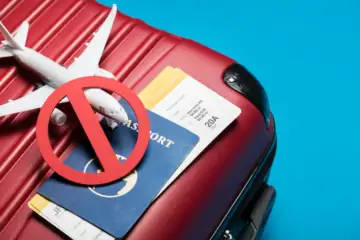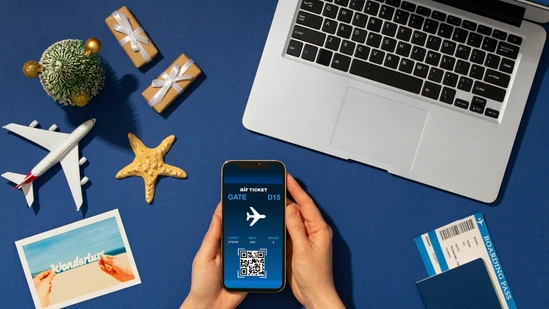In today’s digital age, summer travel scams, especially those targeting luxury travellers, are becoming more sophisticated and harder to detect.
From fake travel agencies and cloned websites to unbelievable luxury deals circulating on social media and messaging apps, these scams often appear professional and convincing. Many unsuspecting travellers fall prey to them, lured by promises of deep discounts.
To help you stay safe this summer vacation, HT Lifestyle spoke to experts to bring you top tips for avoiding travel scams.
Common travel scams to watch out for
“To protect yourself, it’s essential to conduct a background check before booking. Verify if the travel agency is registered with the Ministry of Tourism or credible associations, such as IATA or local travel associations so that you can deal with someone you can trust. This also provides an added layer of security, as you can connect with or complain to these governing bodies if any issues arise. Read independent reviews and request full documentation in writing, including booking confirmations, payment receipts, and service details,” says Jyoti Mayal, Chairperson of the Tourism and Hospitality Skill Council.
She adds, “Refrain from paying the entire amount in advance and never send money to personal bank accounts. Look for signs of credibility, such as an active customer support line, verified business addresses, and social proof from real travellers. Some common scams travellers need to watch out for are fake vacation rentals with non-existent properties, phishing and smishing attempts to steal personal info, too-good-to-be-true travel deals that seem suspicious, free vacation scams that ask for upfront fees or personal details and fake travel insurance offers with low-cost policies.”
“To stay safe, travellers need to use secure payment methods like credit cards to protect their personal information. Use a VPN when accessing sensitive information on public Wi-Fi, and book directly with airlines or hotels to avoid scams if they don’t know any travel agent. Be cautious of unsolicited contact and verify website authenticity before making a booking,” advises Jyoti.
Expert tips to avoid summer travel scams
Harish Khatri, Founder and Managing Director, India Assist, shared the following tips to avoid summer travel scams:
- Book through verified sources:
Always cross-check travel agencies, resort listings, or tour operators. When booking online, ensure the website uses secure payment gateways (look for “https”) and check user reviews.
- Be cautious of deep discounts:
Scammers often bait travellers with luxury deals at half the price. If it sounds too good to be true, it likely is.
- Avoid wire transfers or crypto payments:
Legitimate services never insist on these payment modes. Always opt for credit cards for better fraud protection.
- Use real-time assistance services:
Platforms like India Assist offer 24/7 human support to help if you get stranded, confused, or scammed, ensuring you’re never alone.
- Trust your instincts:
If something feels off, pause and verify. Luxury travel should feel effortless, not suspicious.
